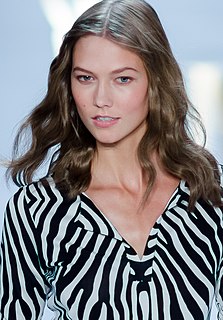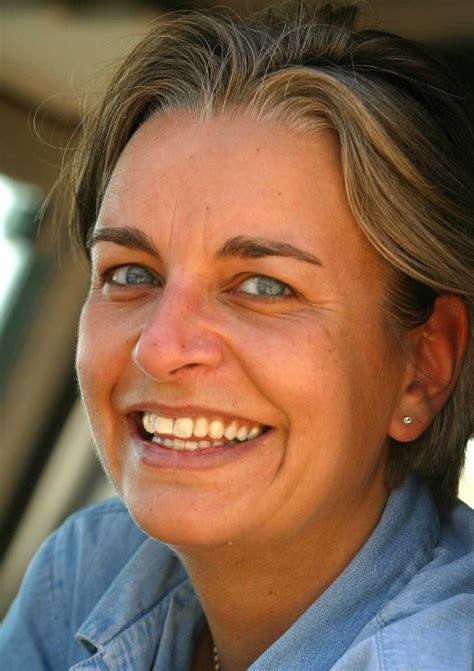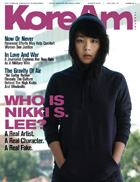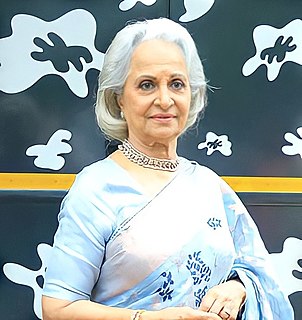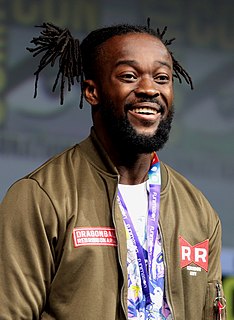A Quote by Karlie Kloss
I always carry a camera because it is so important to me to take pictures and document all the incredible things and places I have been able to see through this experience.
Related Quotes
I don't want to carry big things around with me. I'm lazy. The snapshot camera, you just carry it around and take the picture. You don't need to think about anything. People in the street are not going to wait for you with a big camera. They would freak out. With a snapshot camera, they are comfortable.
When I first asked to take pictures of women at their homes, I was using my formal camera and I struggled to get the shots because I was still very much in the role of the photographer. Then the next time I had this little digital camera and their response to me would be completely different - I was a friend and I got new kinds of pictures. I was always treading a line between photographer and friend.
When I was a kid, the world was such a big place, and I had no idea that I would be afforded these great moments in between doing what I love to do. I'm able to actually choose places to go which have intrigued me for the last god knows how many years, and Tasmania's always been one of those places. I see it all and yet I see so little because it's so fast.
Making photos is helpful of course to master the craft. To get comfortable with the camera. Learn what a camera can do and how to use the camera successfully. Doing exercises for example if you try to find out things that the camera can do that the eye cannot do. So that you have a tool that will do what you need to be done. But then once you have mastered the craft the most important thing is to determine why you want to shoot pictures and what you want to shoot pictures of. That's where the thematic issue comes to life.
